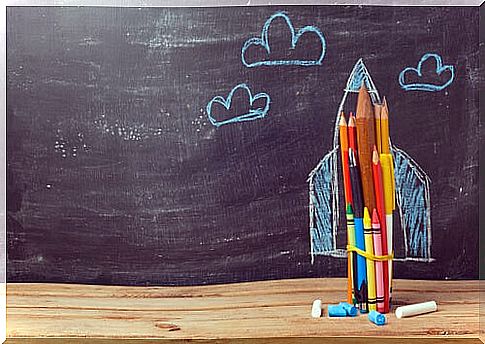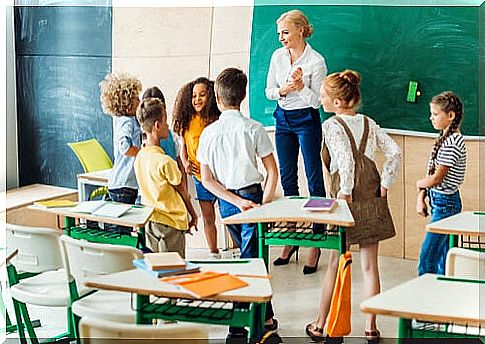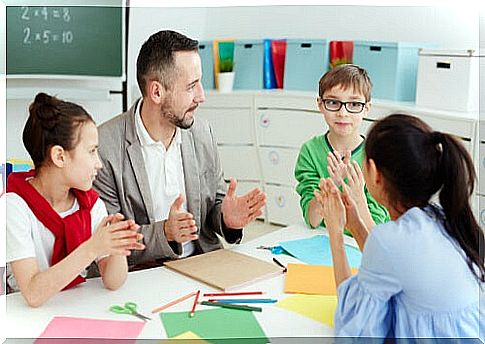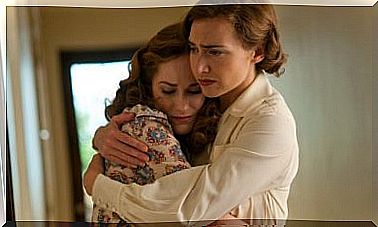Transforming Education Is Possible

Many educational centers have put aside the master classes. The idea is that the students leave the classrooms with more knowledge than the theoretical ones. We are talking about places where children are taught to be critical and to accept only those ideas that are based on solid argumentation or verified empirical data. They are committed to a comprehensive education with new methodologies, as well as a cooperative and collaborative learning mode.
The teachers forget to transmit knowledge and try to get more than to put in. The teachers guide the students by raising the topic to be discussed and they say what they are interested in knowing, which in most cases, transcends what is in the textbooks.

Education beyond books
A methodological bet that renounces the textbook, prioritizing human development. It allows, among other resources, the use of mobiles and tablets in the classroom, which breaks the times and spaces traditionally established in the daily school organization, collides with many established schemes and reasonably arouses fears and doubts.
This methodology involves a greater effort than the traditional master class. In addition, textbooks are a comfort zone, any other bet means more work, more resources, more time and, above all, more uncertainty.
The student investigates and the teacher is a guide, counselor. Learning is built little by little, the student creates the content from different sources of information and in the process they also learn to distinguish what is reliable from what is not. With an evaluation that serves to learn and not only to pass, helping the personal and academic development of the students.
Different methodologies contrary to the traditional methodology
- Flipped Classroom. It is a methodology to “turn around” the class, in which it is proposed that students study at home and in class, carry out activities and work collaboratively. They can access the content from home through ICT, either through a blog or videos that are provided and created by the teacher. The student becomes the protagonist, carrying out participatory activities in a dynamic and interactive learning, and the teacher becomes a mere guide.
- Project-based learning (PBL). The main objective of this methodology is for the student to learn by doing. The result will be a final project to respond to real life problems, although what is really important is not the end but the process itself. With this we achieve that students can apply the knowledge acquired in heterogeneous and changing contexts, in a way that helps them understand reality.
- Gamification. This methodology transfers the game to the educational field. A way to motivate students and learn in a fun way. As in all games, you must establish objectives and a way of working while playing. You can set levels, different challenges and prizes, in order to direct the game and adapt it to the content you want to teach.
- Thinking Based Learning. It focuses on the reflection of the students with a series of guidelines guided by the teacher. Thinking in a reflective and critical way about the subject or the contents to be studied is the main objective of this methodology. Make decisions and question the reliability of information to develop creative ideas and a deeper understanding.
Therefore, these and many other alternative methodologies are another option in education to develop the teaching / learning process where it is not only memorized in order to pass an exam, but it goes much further, making the student the protagonist and acquiring much more meaningful learning.
Although most of these educational strategies are already several decades old, it is now, thanks to new technologies, that they are being reinvented and extended.

The importance of ICT
ICTs have become commonplace, and young people live with them from birth and soon it becomes something natural in their lives. New technologies present beneficial opportunities for the teaching / learning process to match knowledge with reality, with the interests and purposes of the students.
School and education cannot remain static or on the sidelines of these changes in society. Incorporating ICT in the classroom is a necessity so that young people can function without problems within this new society.
Methodological alternatives for the new educational challenges
There is not yet an educational model for everyone considered the perfect formula for learning. For this reason, the new methodological and social challenges of education must educate young people as citizens of the future.
Methodologies that require a greater effort than a master class in which the students adopt a passive and receptive position, it is not evaluated only with an exam, there are other alternatives where the students have to participate in a more active and motivating way.









